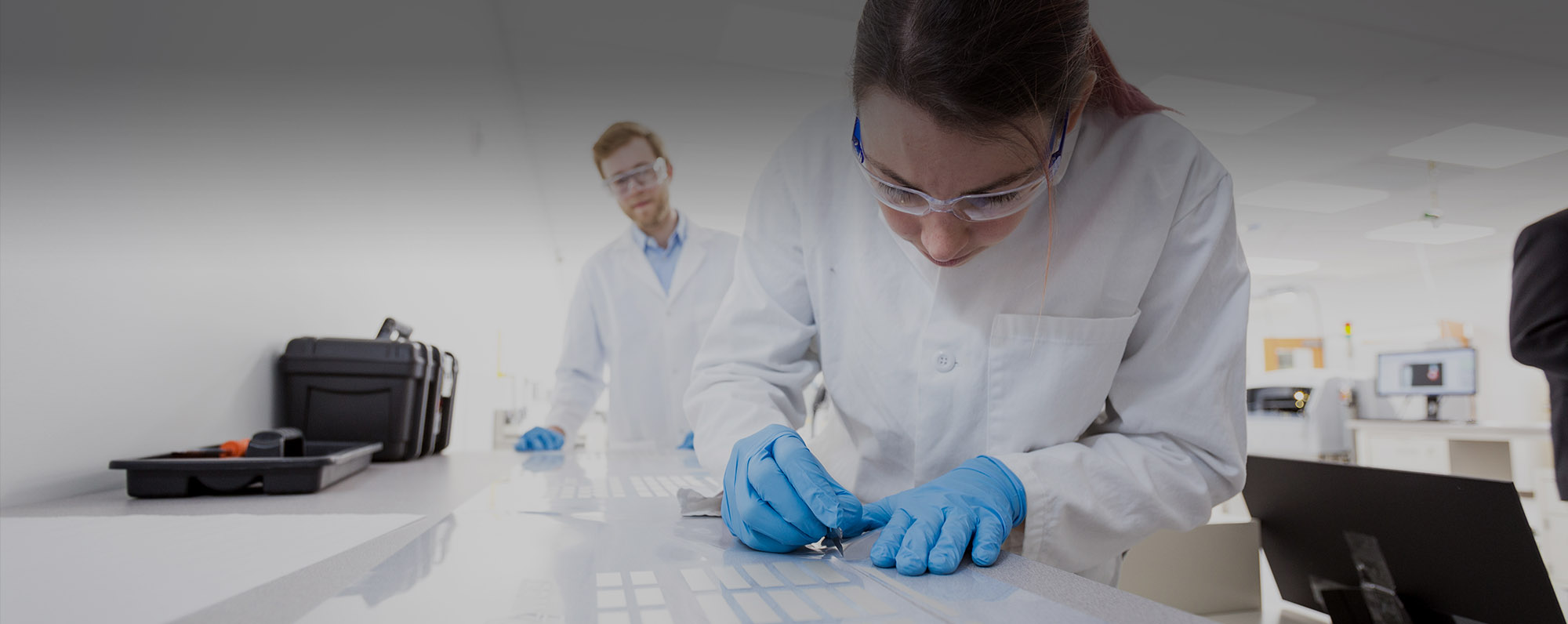
Lithium-ion batteries are key to electrifying transportation. However, the nature of the current lithium ion battery technology is unsafe. Researchers are working on the development and improvement of battery techniques to manufacture high performance and safe batteries. Importantly, lithium ion batteries are a closed and complicated system, which makes it impossible to open and diagnose the commercialized battery without damaging it. Fortunately, electrochemical impedance spectroscopy (EIS) is available for us to diagnose the lithium ion battery non-invasively. EIS is powerful, but has not been fully understood. Thus, my works focus on the theories and applications of EIS in providing more insights on battery diagnostics and prognostics. The understanding of EIS will help people to breakthrough the understanding and development of lithium ion batteries. This will result in a decrease in the carbon footprint in the long run as people are gradually moving from gasoline based vehicles to electric cars.
Advisor: Daniel Schwartz – Chemical Engineering



